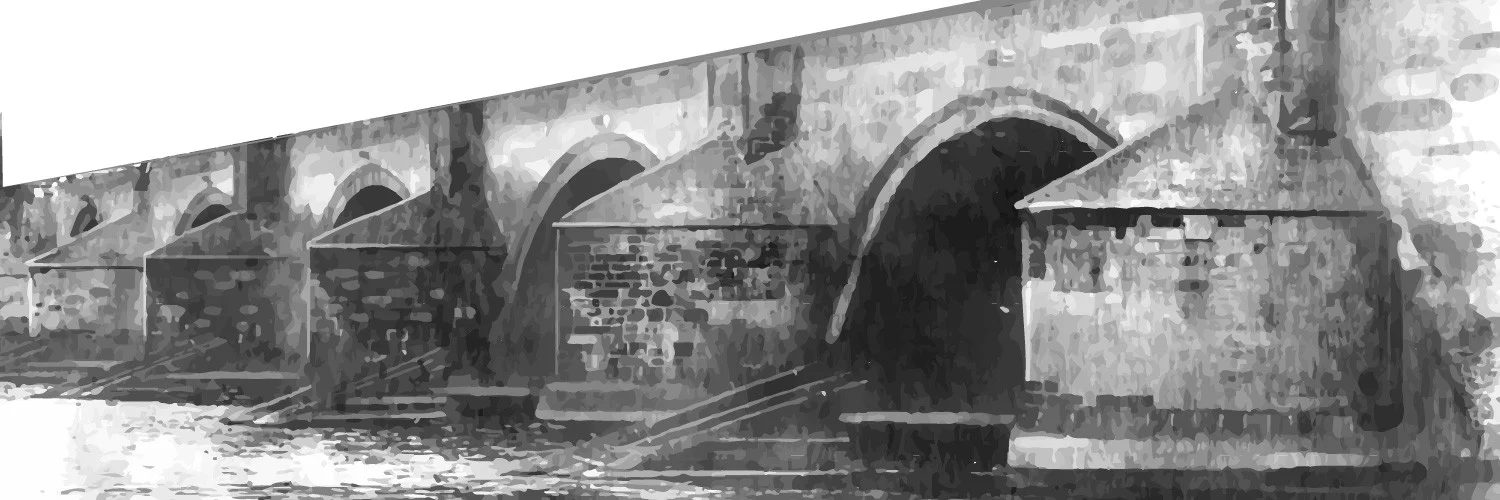1 — Who had the greatest impact on you intellectually (whether through writing, mentorship, etc.)?
I will break protocol here and name both an author and a mentor. In my early twenties, I was an avid reader of the Dune series by Frank Herbert. Over the course of the original six-book series, Herbert takes the reader through an expansive story line spanning thousands of years, while weaving together a narrative that highlights timeless and unchanging aspects of human nature and societies. Chief among this examination of human nature set in the distant future is the familiar struggle among the characters and societies for political and economic power. Frank Herbert’s books introduced me to the concept of visualizing time as a stream, and reinforced my belief in the importance of studying history as a guide to human experience.
In terms of mentorship, Colonel (R) Arthur Kandarian remains the greatest intellectual mentor from my time as a company grade officer. He challenged my cohort of company commanders to think critically through self-study about the problems we faced. Additionally, he stressed the need to learn from each other through his many professional development events for company, troop, and battery commanders that bonded us as a cohort, and through other efforts to flatten the Brigade Combat Team. Perhaps the greatest lesson he imparted was the need to produce simple plans and orders, easily understood and executable by soldiers. This lesson is the most poignant for me, as I strive to produce understandable, feasible products with intellectual and professional rigor in a timely manner.
2 — What book (fiction, history, or academic) do you think best explains strategy?
To focus the question down a narrower path, Russel Weigley’s The American Way of War best explains strategy from an American socio-cultural perspective. Weigley utilizes American strategic culture as a vehicle to examine American strategic behavior from the Revolutionary War to the beginning of Vietnam. One cannot understate the importance of strategic culture as a window into strategic behavior. The key themes throughout his detailed exposé of American strategic history are the tension between strategies of attrition and annihilation and the desire to leverage technology and American economic strength to lower the butcher’s bill. From General George Washington tempering his desire to wage decisive battles to avoid the destruction of the Continental Army in the field, to the apogee of annihilation warfare in World War II circa 1944-45 after a period of indirect approaches, Weigley argues convincingly that tensions between the two broad strategic approaches have and will remain a part of American strategic culture. These tensions remain relevant today, as a military force uniquely equipped, trained, and organized to wage wars of annihilation through technical superiority (and with the associated price tag) often finds itself engaged in wars of attrition with adversaries content to play the long game.
3 — What do you want your legacy to be?
If required to simplify to a single word, I want to leave a legacy of value. The most important legacy I will leave is of course my family. My wife and two sons are the most important people in my life, and I value the time I am able to spend with them. It is my sincere hope that our sons grow up as intellectually curious critical thinkers who value their educational and life experiences.
In terms of a professional legacy, I intend to make greater contributions to the broader community of strategists through both this forum and others in the coming year. I hope that my ideas and professional efforts provide value to the Army and that I play my part to enable my command, our defense community, and ultimately our nation to succeed. Tying a thread between the two, my dearest hope is that I provide value to both my family my country, so that my wife and sons have the freedom to pursue happiness and live full productive lives within a nation that continues to provide opportunities for them to realize their life goals.
Ryan Kort is a U.S. Army officer and Army Strategist. The views expressed are the author’s alone and do not reflect the official position of the U.S. Army, the Department of Defense, or the U.S. Government.
Have a response or an idea for your own article? Follow the logo below, and you too can contribute to The Bridge:
Enjoy what you just read? Please help spread the word to new readers by sharing it on social media.


